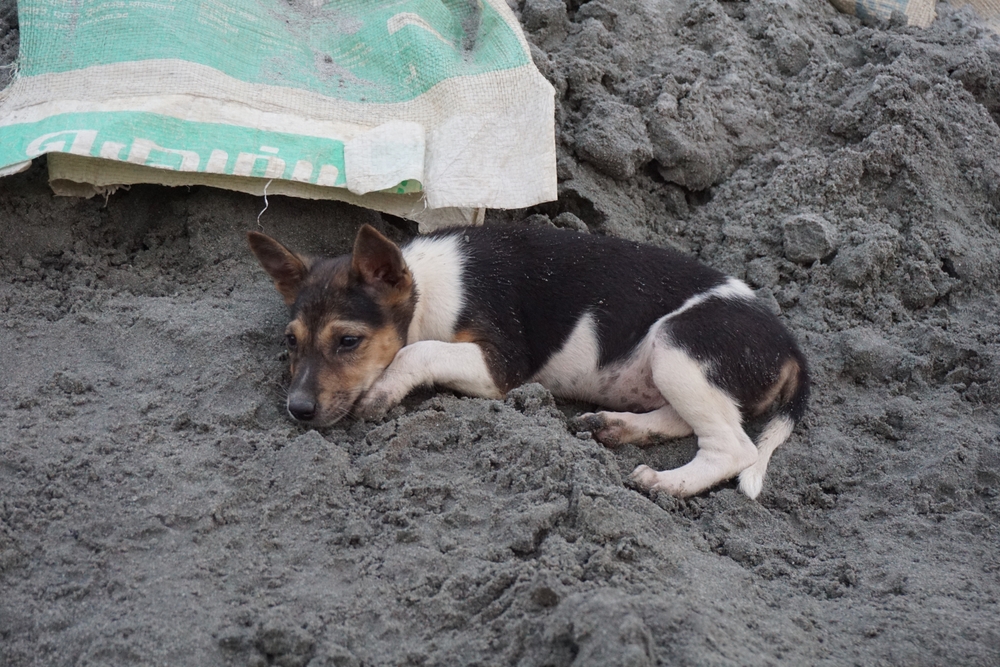The situation has led to growing pressure on FIFA.
Others are reading now
The FIFA World Cup is the most-watched sporting event in the world. Every four years, millions of fans travel to host countries, while billions tune in to watch the matches.
The tournament brings economic opportunities, tourism, and global attention. Host nations invest heavily in infrastructure, stadiums, and transportation.
They also focus on security and city cleanliness to present a positive image to visitors.
As Morocco prepares to co-host the 2030 FIFA World Cup with Spain and Portugal, reports have surfaced about a drastic increase in the killing of stray dogs in the country.
Also read
Shot and Poisoned
Animal rights groups claim that authorities are carrying out mass culls to clear the streets before the tournament.
The International Animal Welfare Protection Coalition (IAWPC) has reported that stray dogs are being shot, poisoned, and removed from public areas, according to Tag24.
According to the organization, Morocco already kills around 300,000 stray dogs annually, but that number could reach three million by the start of the World Cup.
Activists have condemned the methods used, stating that many dogs suffer painful deaths.
They argue that instead of killing stray animals, authorities should introduce sterilization programs and provide shelters.
The situation has led to growing pressure on FIFA. Animal rights organizations have launched petitions demanding that Morocco address the issue before continuing as a host nation.
Some are calling for FIFA to reconsider its decision if the killings do not stop.
There is also concern about the impact on local communities.
Reports indicate that many of these killings happen in front of children, causing emotional distress. Activists warn that such actions could leave lasting trauma.
Moroccan officials have not responded to the accusations. FIFA, which has been criticized for past World Cup host selections, has also remained silent.
With the tournament still years away, animal rights groups are urging immediate action.
They argue that a country preparing for such a major event should find ethical and humane solutions rather than resorting to large-scale culling.


